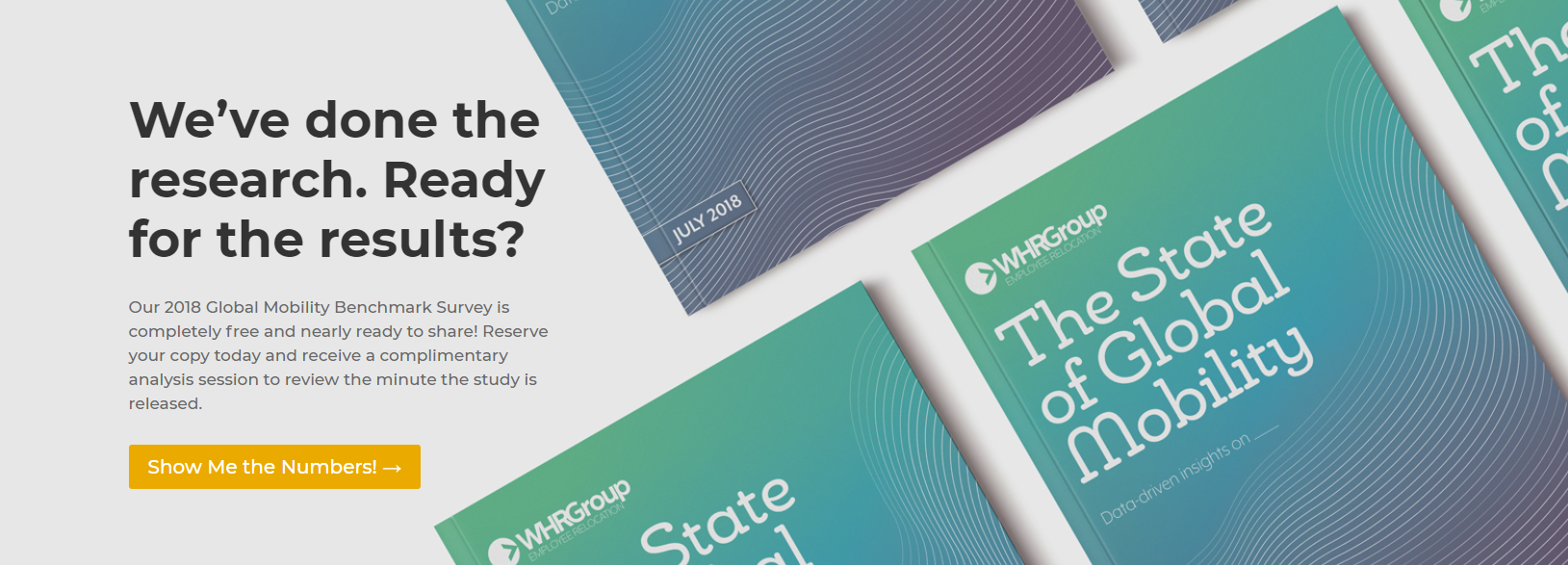Finding the perfect candidate is just the beginning. You then have to make sure that person is up for the move, because failed relocations can occur, and they are costly. By evaluating and addressing these four risk factors, you’ll give your employees a better chance of success in their new roles. Relocation management companies (RMCs) can also help you examine all the details to limit your global mobility risks.
Employee Assessment
Each employee is different and has unique needs. To determine if your employee is a good match for the transfer, you’ll want to conduct an employee assessment. At a minimum, the following questions should be asked and/or analyzed:
- Does this employee have the skills necessary for the job?
- Can they adjust to the new culture?
- How will this employee manage the stress of the new role?
- Are there any unique considerations for this employee?
Even if certain issues do arise during the employee assessment, that’s OK. You can offer additional support as needed. By communicating with your employee, you will help immensely because you’ll make it clear that you are there to support them with this big change in their life.

Family Assessment
Families should never be overlooked when discussing a relocation opportunity with an employee because according to our 2018 Global Mobility Benchmark Study, 79% of companies reported family concerns as the biggest reason employees decline relocations.
Just as every employee is unique, the same goes for family. You’ll want to conduct a thorough evaluation and have a plan in place to mitigate the familial challenges that accompany a major job relocation. Familial challenges can include:
- Inadequate child care accommodations.
- Quality and/or availability of education options.
- Children have difficulty adjusting to their new schools and environment.
- Inability to overcome language barriers.
Additionally, spousal/partner employment is a big factor to consider. An employee’s partner is the second most common reason an employee will decline a relocation. In today’s dual-income society, this is a major factor to consider during the planning process.
It’s likely to be difficult for your employee’s partner to find new employment in another country. Providing spousal support on a professional level will go a long way towards a successful move.
Health and Health Care
One factor often overlooked in the relocation process is health and health care. Prior to an employee taking an assignment, a health assessment is a must, especially if the employee is moving to a less-developed country.
- Do any family members have a chronic health issue or disability?
- Will the family have access to pediatric care for their children?
- What other health care needs do the family currently have?
It’s critical to know beforehand if the employee and their family’s health care needs can be met. You don’t want your employee to end up in a situation where a health issue cannot be addressed by medical facilities in their new environment or have them decide to move back for health reasons. This comes with a heavy cost for both you and your employee.
Cost of living
Preparing and counseling your employees on the culture and region they’ll be living in can make all the difference between a successful or failed transfer. This includes setting expectations on the city/country’s cost of living. It’s important to find out if this is a concern for the employee. If so, you’ll want to consider offering an additional allowance, such as a Cost of Living Allowance (COLA) or mortgage subsidy.
Managing global mobility risks
At the end of the day, we need to remember we are relocating people, families – all with their own unique stories. That’s why we believe communication is the key to a successful relocation. Knowing all of your employee’s concerns upfront means you can address them before the relocation takes place.
Our goal is to help you identify the right people for the right positions, so you can feel confident in your company’s investment. By addressing mobility risk factors before sending your employee overseas or to another state, you’ll greatly reduce the chances of a failed transfer. Our customer-focused approach also ensures that all details are managed before and during your employee’s move.


